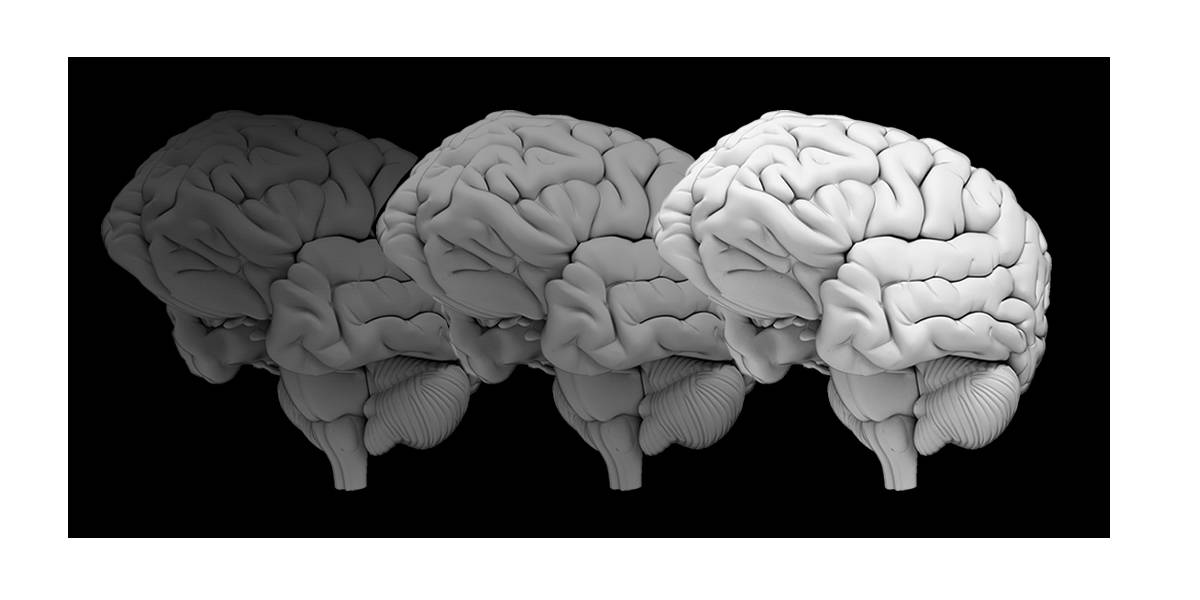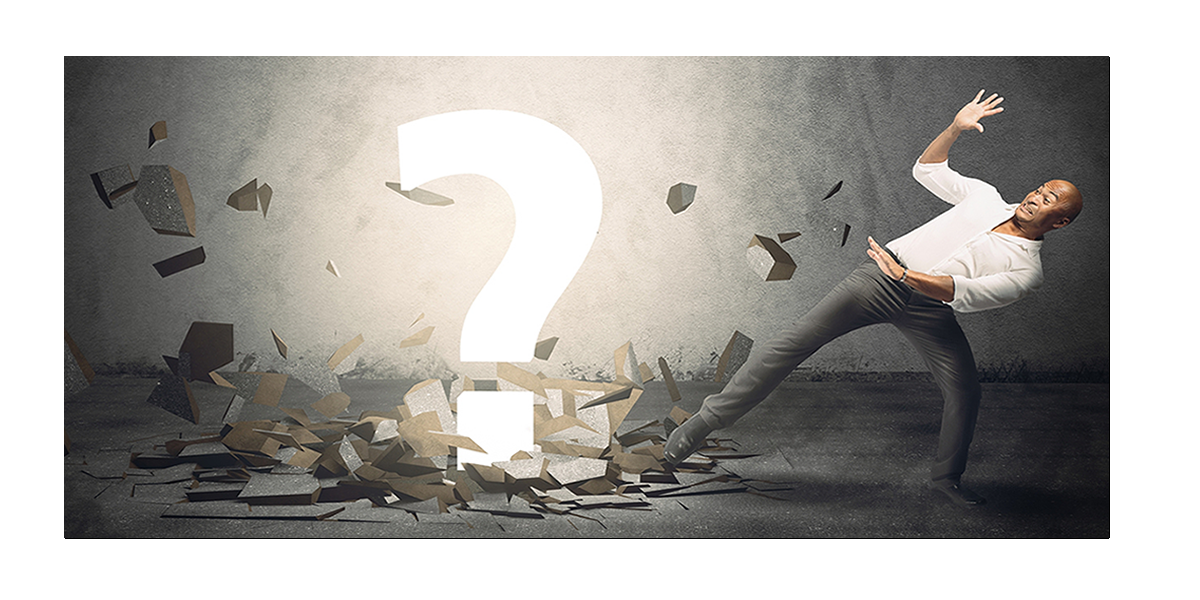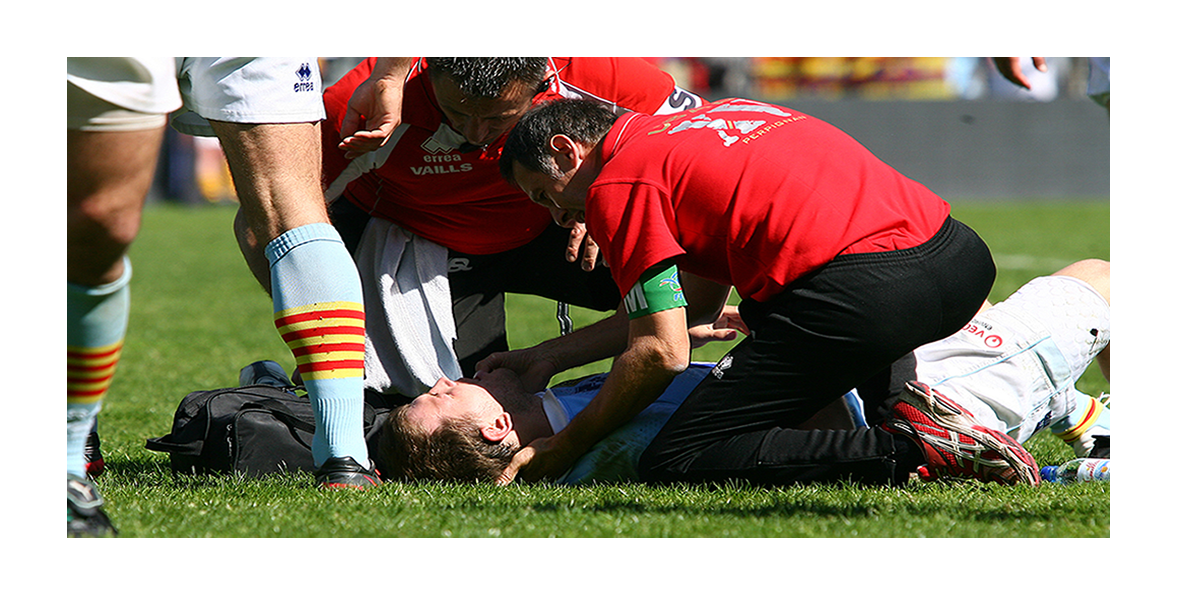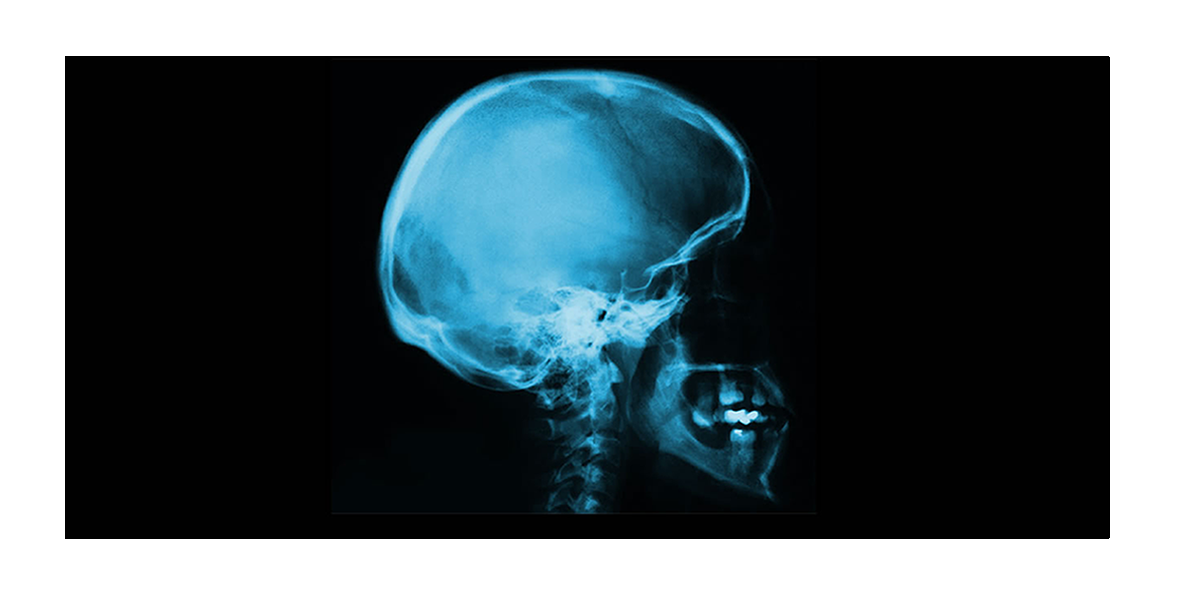A victim may suffer physical or mental symptoms such as loss of memory or disorientation. The injury may not be diagnosed but the person may be observed responding more slowly than usual or complaining about physical and mental problems.
Symptoms of mild brain injury may include fatigue, headache, and dizziness, hearing loss, ringing in the ears, memory problems, sleep difficulties, irritability, and short attention span.
Even though termed “mild”, this type of injury can lead to long-term effects and cognitive problems that severely impact on the individual’s life.
Blood vessels may tear which releases blood into areas of the brain. The skull does not expand so the blood begins to press on softer things like brain tissue. Brain tissue is very delicate and will stop working properly or may even die off.
© 2008 BIC






